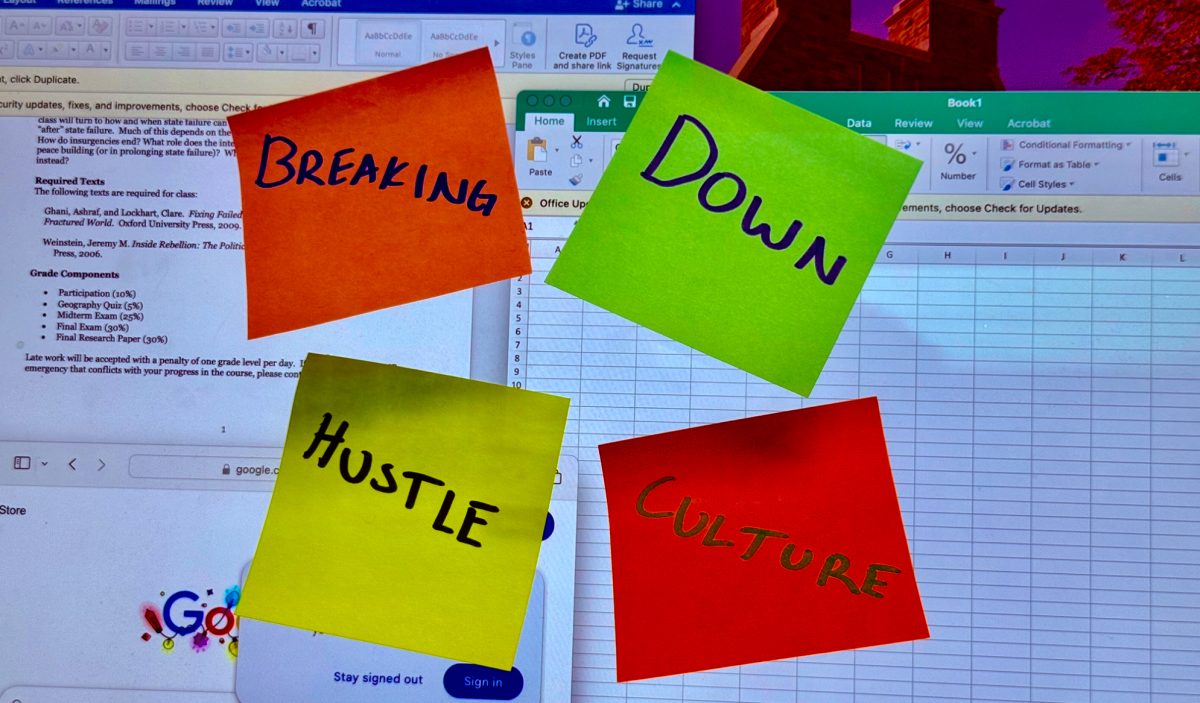Move aside, Garvan Walshe — green libertarianism has a new icon. Iván Mordisco, the ruthless commander of thousands of radical insurgents fighting to overthrow the Colombian government, controls vast swathes of rural territory in the country’s southeast and is using his ill-gained power to protect the Amazon from deforestation. The loss of the world’s largest rainforest would result in massive emissions of carbon, and climatological chaos upending billions of lives on four continents.
Mordisco leads a splinter faction of Los Fuerzas Armadas Revolucionarias de Colombia (FARC), an insurgent group that fought the Colombian government from 1964 until a peace agreement was signed in 2016. His faction, and several others, refuse to abide by the peace agreement and have continued their insurgency. Only recently has he signed a ceasefire with the government, but he remains in the field with his army and is still fully in control of his territory, which he rules like an independent state. According to InSight Crime, Mordisco rakes in a fortune every year producing cocaine in the untamed wildlands that he controls and selling it abroad to finance his operations, making him one of the world’s most prominent drug lords as well as perhaps its most effective environmentalist.
Mordisco — real name Néstor Gregorio Vega Fernandez — is the unofficial chieftain of much of rural Colombia, an area which includes some of the Amazon rainforest. Most of his territory lies within the Guaviare department, an administrative subregion of Colombia largely analogous to a state within the United States. In Guaviare, the largest legitimate industry is cattle farming, and in recent years, this business has been growing so rapidly that forest clearing to create grazing land in this single province accounts for 80 percent of deforestation of the entire Amazon. However, very little of this is happening in the parts of the department — and other departments — that Mordisco controls; Mordisco levies a fine of 20 million pesos, or $5,000, for every hectare of forest cleared. Thanks to his illegal legislation, deforestation in the Colombian Amazon has fallen by 76 percent, which reflects the sheer amount of territory that he controls as well as how effective his “law” enforcement apparatus truly is.
Although the Amazon is not, as is often said, “the lungs of the world,” as the majority of the world’s oxygen is supplied by algae and not trees, it still bears massive importance to the well-being of much of the South American continent and the wider world. Evapotranspiration, the transfer of water from the ground to the air, regulates much of the regional climate, and the Amazon exudes 20 billion tons of water into the air daily. Because of this, extreme deforestation may result in a drop in precipitation throughout the continent, rendering all of South America more arid and potentially leading to massive humanitarian crises caused by food shortages. Millions of people could be displaced as some parts of the continent would no longer be habitable — humanity would have made new deserts. Rainfall would also be altered in North America, Europe and Africa, but not as cataclysmically.
Most critically, the Amazon also contains between 150 and 200 billion tons of stored carbon, according to the World Wildlife Fund, which, if released, would contribute massively to the greenhouse effect already created by industrialization, as carbon is the most prolific greenhouse gas in the Earth’s atmosphere. For comparison, even after the exponential increase in carbon emissions caused by human activity in the past several centuries, total emissions of carbon dioxide still add up to less than 40 billion tons per year. In total, 17 percent of the Amazon has been eradicated in the past twenty years, and some scientists forecast that the climatological threshold will have been crossed at 20 to 25 percent, resulting in irreversible effects on the world’s weather.
Mordisco’s adjudication is far from long-term salvation for the rainforest: Only 10 percent of the Amazon lies in Colombia, and Mordisco’s power structure is an insurgency that depends on a continually operational drug trade and an unending war in order to exist. Mordisco is a dictator who depends on the local people’s fear and the loyalty of his soldiers in order to enforce his laws. His faction is strictly ideological and follows a defined dogma, which includes environmentalism among its tenets, but Mordisco likely has far more pragmatic motivations for shielding the Amazon from cattle farmers. In spite of the Amazon’s vital role in maintaining hundreds of millions if not billions of livelihoods, it is very likely that Mordisco is largely — if not purely — self-interested. On a military level, the rainforest provides him with concealment and defensive terrain, allowing him to fight the much larger Colombian Armed Forces. On a political level, making and enforcing laws completely independently of the central government is a clear statement both that they have no power over him and that he can enforce law more effectively than the government itself. Essentially, it is a flexing of his power.
Iván Mordisco is a drug trafficker and a warlord. He is also doing more to preserve one of the most vital natural features on the surface of the Earth than anybody else, bar none — and probably with entirely selfish motivations. The Amazon is absolutely vital to the lives of hundreds of millions of people and the shape of the world as we know it today, and yet the states responsible for its protection and maintenance are letting their obligations slip by them, leaving a literal criminal to pick up the slack.










